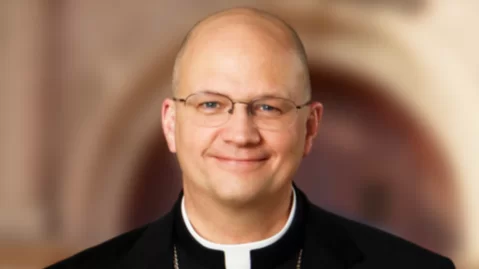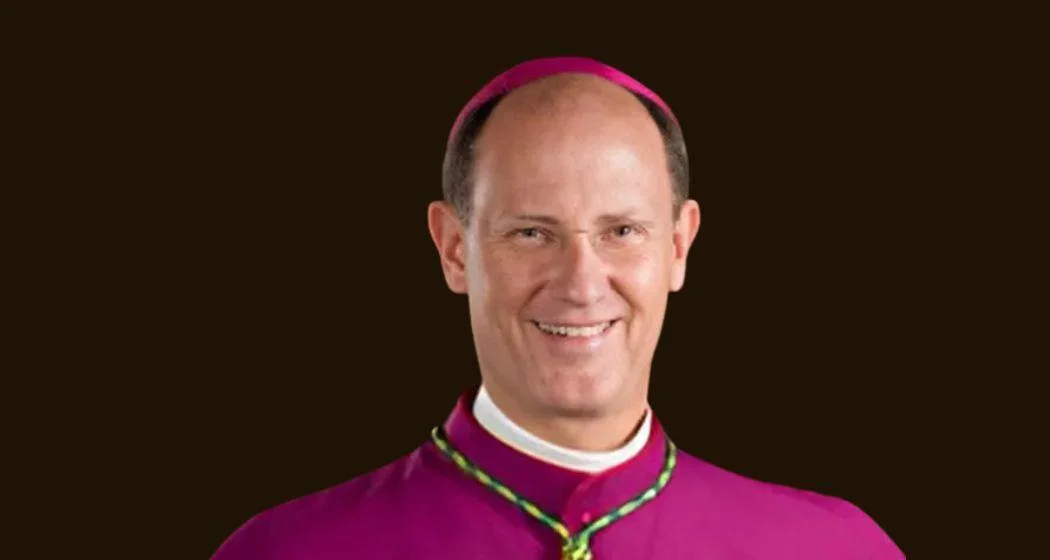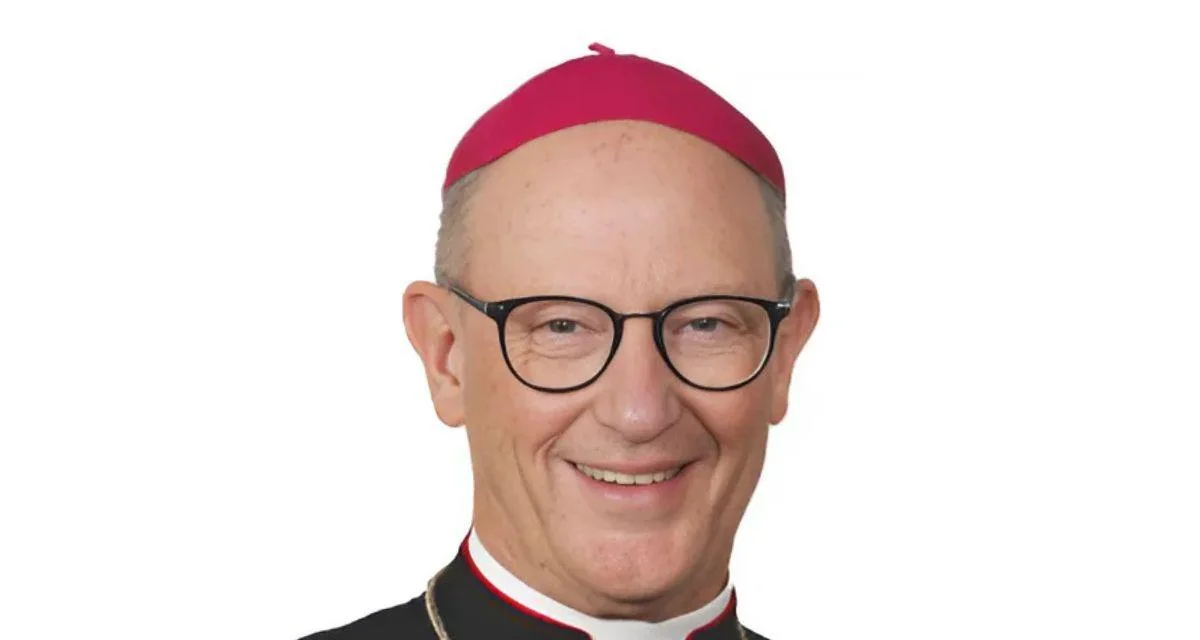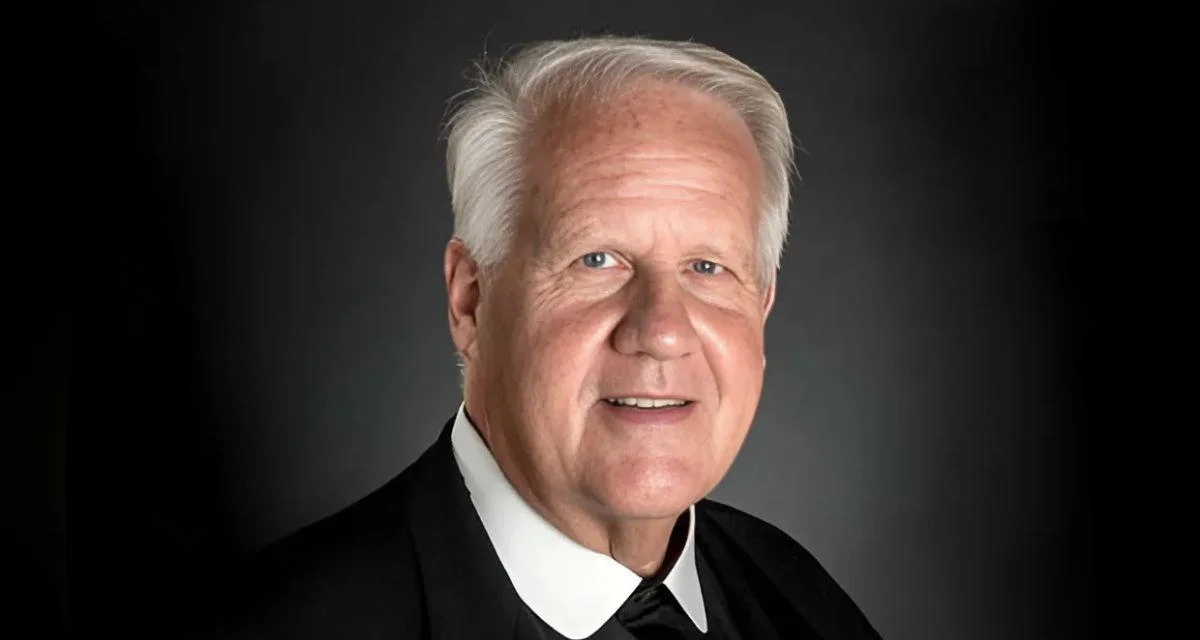
Bishop Edward J. Weisenburger | Diocese of Tucson website
Jan. 21 marked the centenary of the death of Vladimir Ilich Lenin, the founder of the Soviet Union. As Catholics reflect on his historical legacy, it is clear that his role still profoundly affects church communities in Russia. While there won't be any state commemorations, as President Vladimir Putin and others are divided over how to see Lenin, it is important to acknowledge the impact he had on religion and the atrocities committed during his rule.
Jesuit Father Stephan Lipke, secretary-general of the Russian bishops' conference, explains that even among Catholics, there are older people who sang songs about Lenin in Soviet-era youth organizations and are reluctant to criticize him. However, among the clergy, there is a clear understanding of the terrible things Lenin did to people of faith.
Lenin, who is viewed as the architect of a 20th-century global struggle against "capitalism and imperialism," believed that religion had to be actively destroyed as it fueled subordination. He held the position that any religious idea was "the most inexpressible foulness" and sought to eradicate the church's presence in public affairs and its influence on family life.
The consequences of Lenin's brutal rule are still felt today. Orthodox dioceses and monasteries were stripped of their estates and properties, religious education was curbed, and religious presences were barred from families and workplaces. Thousands of priests, monks, and nuns were summarily slaughtered. Russia's Catholic clergy were also targeted, with many priests executed, murdered, or tortured to death.
The legacy of Lenin's brutality includes the introduction of the world's first legal abortion program and numerous other moves against Christian values. While Stalin had a more complex personal view of religion, he continued the eradication of churches after taking power. The peacetime death toll under communism in the Soviet Union is estimated to be 21 million, with thousands of Orthodox priests, monks, and nuns killed and Orthodox churches left in ruins.
Even today, Russia's Catholics still face challenges in exercising their rights at the local level and seek the return of seized churches. The popular standing of Lenin declined in the 1990s as evidence of his brutality came to light. However, his legacy is now being revived, particularly through Moscow's drive to rebuild its empire and the growing militarization of Russian society.
In such an atmosphere, Russia's minority Catholics could find themselves targeted. As a former member of the Pontifical Council for the Laity and adviser to Vatican Radio warns, "Lenin's anti-religious views played a brutal role in the Catholic church's early 20th-century suppression when its members were branded Vatican agents." The Leninist mentality is still deeply rooted in state rhetoric, which calls for national unity and the primacy of the collective over the individual.
As Catholics reflect on the centenary of Lenin's death, it is a reminder of the ongoing challenges faced by religious communities in Russia. The legacy of Lenin's anti-religious ideology continues to shape the country's political and social landscape, and it is important for Catholics to remain vigilant in the face of potential threats to their religious freedom.



 Alerts Sign-up
Alerts Sign-up